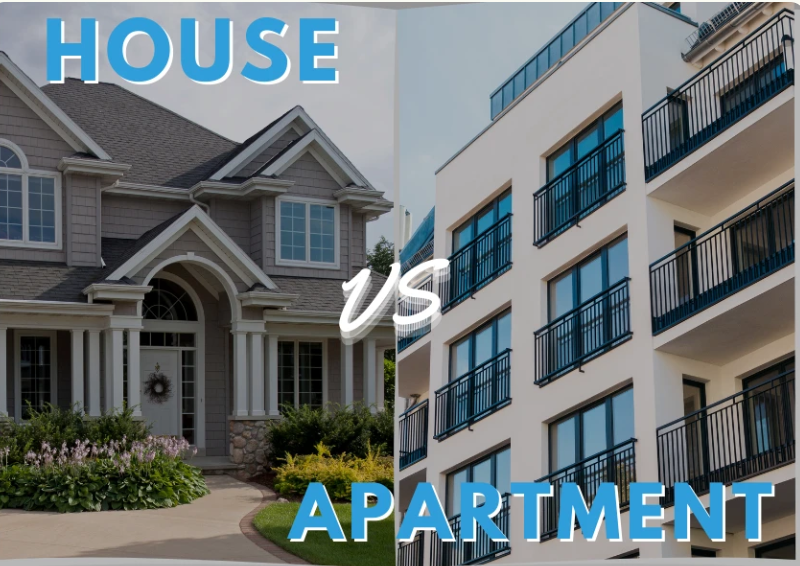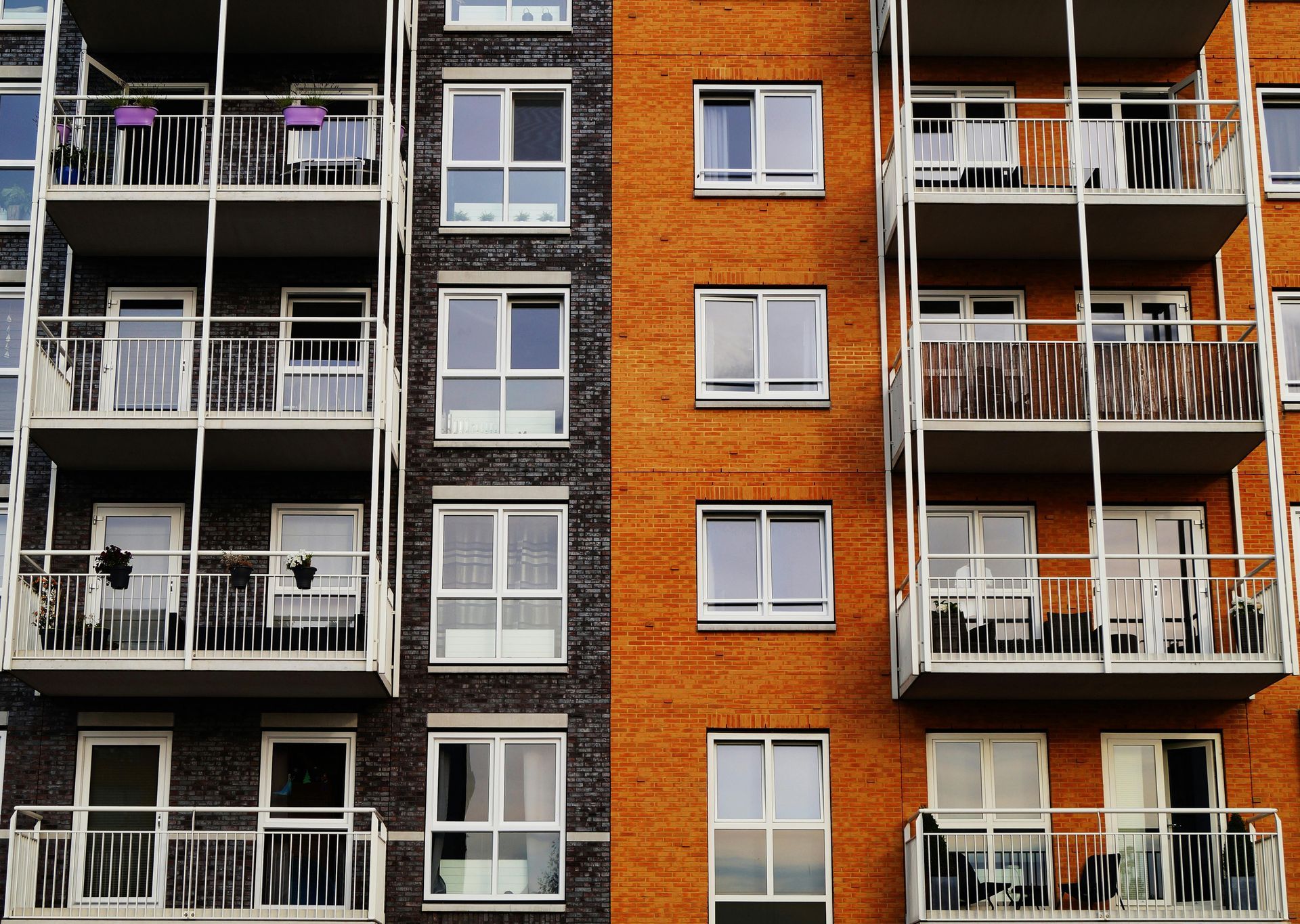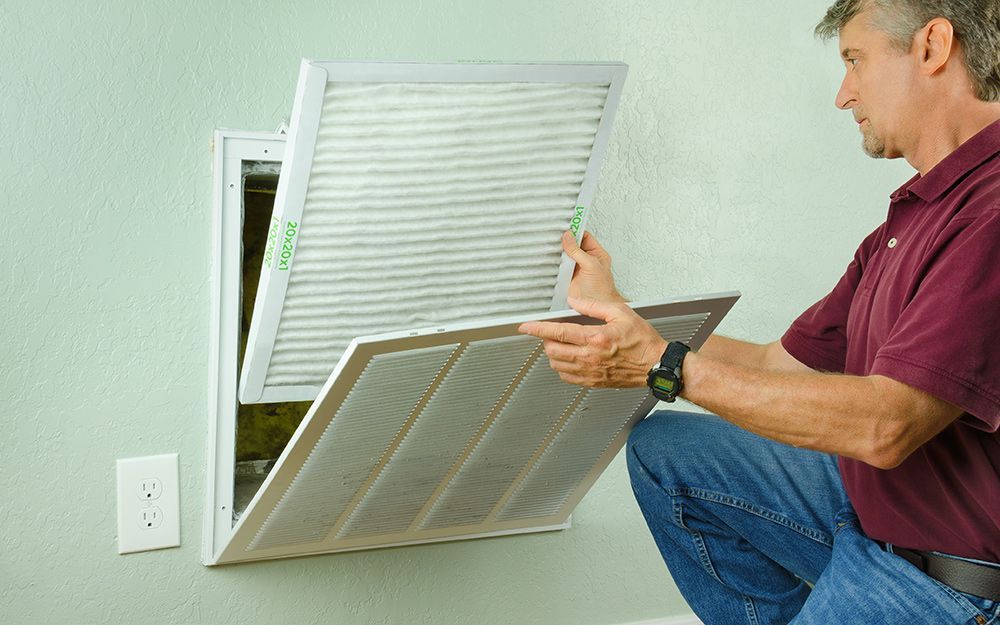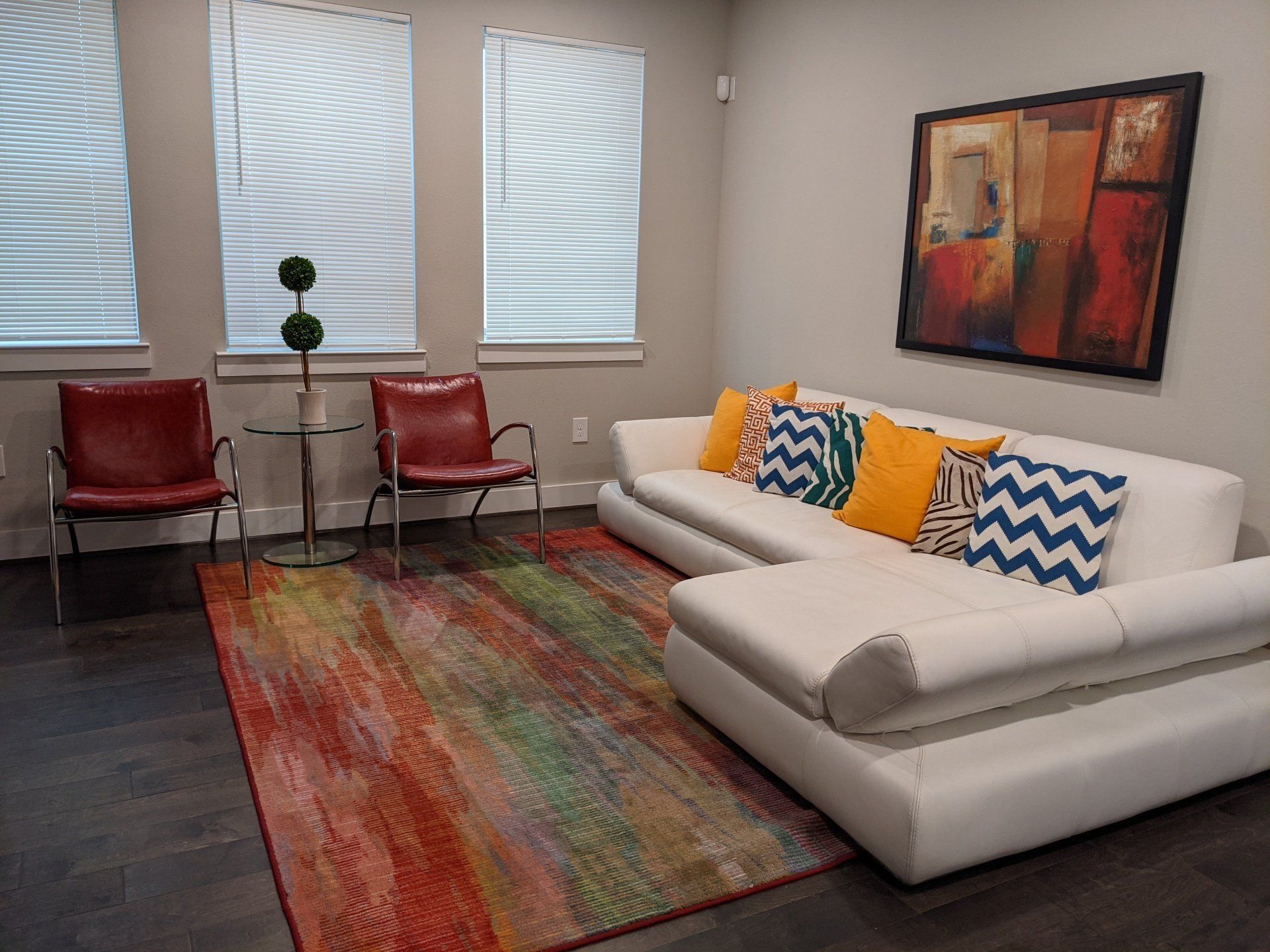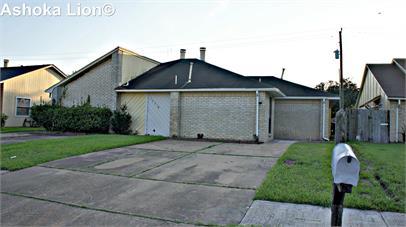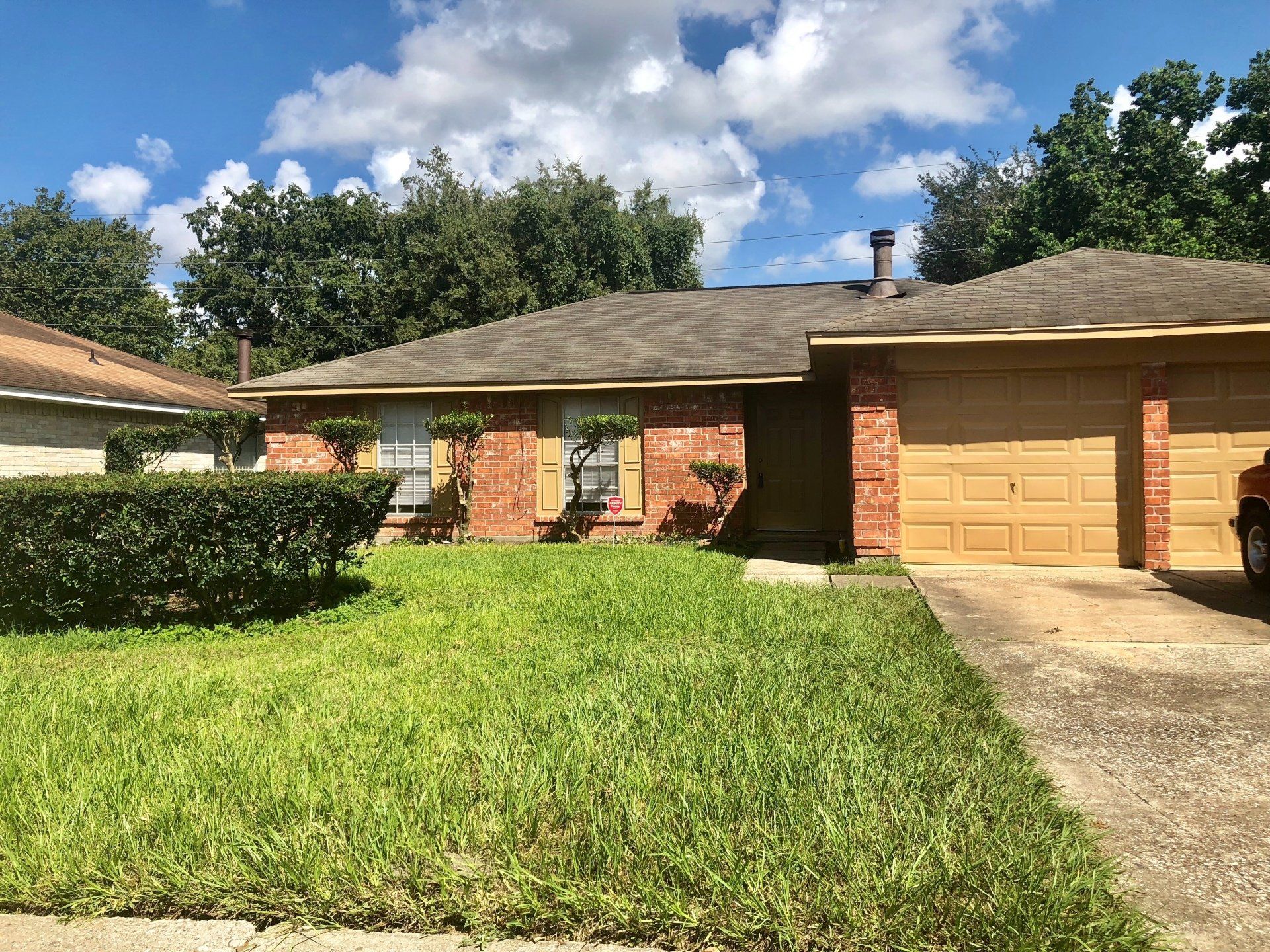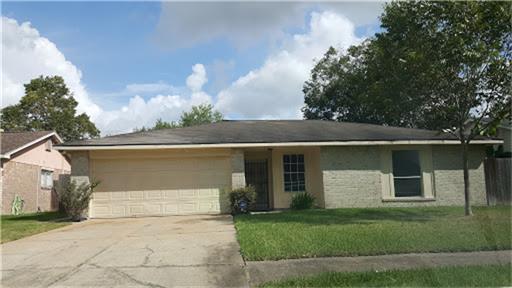By Leena Cherian
•
April 23, 2025
Creating and maintaining a budget is one of the most effective ways for tenants to achieve financial stability and confidently manage their monthly responsibilities. A well-structured budget provides clarity, control, and peace of mind by helping tenants understand exactly where their money is going. Whether someone is renting for the first time or has been a tenant for years, budgeting is essential for long-term financial health and smart decision-making. A detailed budget helps tenants assess their income and expenses, giving them a clearer picture of their financial situation. By tracking spending, tenants can identify unnecessary expenses, allocate money more efficiently, and plan ahead for future needs. Budgeting also supports consistent on-time bill payments, reduces financial stress, and helps tenants work toward personal financial goals like paying off debt, saving for a future home, or building an emergency fund. Why Budgeting Matters for Tenants Budgeting plays a crucial role in maintaining financial stability while renting. It helps tenants allocate funds for rent, utilities, groceries, transportation, and other essential expenses. When tenants categorize their spending, they can easily identify areas where they may be overspending and adjust accordingly. This allows them to make smarter lifestyle choices while still meeting financial obligations. One of the biggest advantages of budgeting is that it ensures tenants prioritize rent payments. Rent is typically a tenant’s largest monthly expense, and consistent on-time payments are critical to avoiding late fees, financial strain, or potential eviction. A strong budgeting plan helps tenants track payment due dates and allocate enough funds to meet their rental responsibilities. If you're having trouble paying rent on time, consider reviewing our available payment plan options for additional support. Budgeting also contributes to a healthier credit score. When tenants pay bills on time— utilities , rent, internet, subscriptions, and more—their credit profile gradually improves. A good credit score can make it easier to qualify for better rental properties in the future, secure loans, or obtain lower interest rates. Finally, budgeting helps reduce overall financial stress. When tenants know exactly what they can afford, they make confident decisions about housing, transportation, lifestyle choices, and savings. Making use of renter’s insurance further strengthens financial security by protecting against unexpected losses or damagesThis sense of control and predictability provides peace of mind. Helpful Budgeting Apps for Tenants Today, budgeting is easier than ever thanks to user-friendly apps designed to track expenses, set goals, and categorize spending. Here are some of the top budgeting apps tenants can use to stay organized: Mint : This app allows you to track expenses, set budgets, and get insights into your spending habits. You can categorize expenses and see how they stack up against your budget. You Need a Budget ( YNAB ): YNAB focuses on helping users allocate every dollar and prioritize spending. It's great for building a budgeting strategy that suits your needs. Good Budget : A digital envelope budgeting tool, Good Budget allows you to plan your expenses ahead of time. You can create categories for rent, utilities, groceries, and more. Pocket Guard: This app shows how much disposable income you have after accounting for bills, goals, and necessities, making it easy to see what you can spend. Every Dollar : Developed by financial expert Dave Ramsey, this app uses a zero-based budgeting approach, helping you allocate your income to specific categories. Wally : A personal finance app that helps you track your expenses and income while providing insights into your spending patterns. Spendee : This app allows you to create shared wallets, which can be helpful if you’re splitting costs with roommates. It also helps track expenses and budget. Simplifi : A budgeting tool that helps you see all your finances in one place, allowing for better tracking and management of your budget. How to Choose the Right Budgeting App Selecting the right budgeting app depends on a tenant’s needs, goals, and financial habits. Before choosing an app, tenants should consider: Define Your Budgeting Goals Determine whether the primary goal is tracking expenses, managing bills, saving money, or reducing debt. This helps narrow down app features. Look for User-Friendly Design Choose an app that is simple to navigate. The easier the app is to use, the more likely tenants will stick with it. Check for Essential Features Helpful features include bill reminders, spending alerts, savings goals, and automatic categorization. Bank Integration Apps that connect to bank accounts save time and reduce manual entry errors. This ensures accurate tracking. Subscription Cost Some budgeting apps are free, while others require monthly or annual fees. Tenants should choose an option that fits their budget. Customization Options A good budgeting app allows users to create custom spending categories to match their unique lifestyle. Security Measures Ensure the app uses encryption, secure login features, and two-factor authentication. Protecting financial data is crucial. Customer reviews Reading reviews helps tenants understand the real experiences and potential issues other users have faced. How Budgeting Helps Tenants Create Financial Stability A well-maintained budget empowers tenants to make informed choices about their housing and lifestyle. When tenants clearly understand their spending patterns, they can plan for emergencies, save for future goals, and avoid financial pitfalls. Budgeting not only supports daily financial management but also sets the foundation for long-term financial success. By reducing unnecessary expenses, tenants can create more room in their budgets for savings, investments, or special occasions like vacations. Budgeting also provides a sense of security—no more guessing where money went or worrying about unexpected bills. Overall, budgeting helps tenants achieve greater financial confidence, stay organized, and enjoy a more stable and stress-free rental experience.

